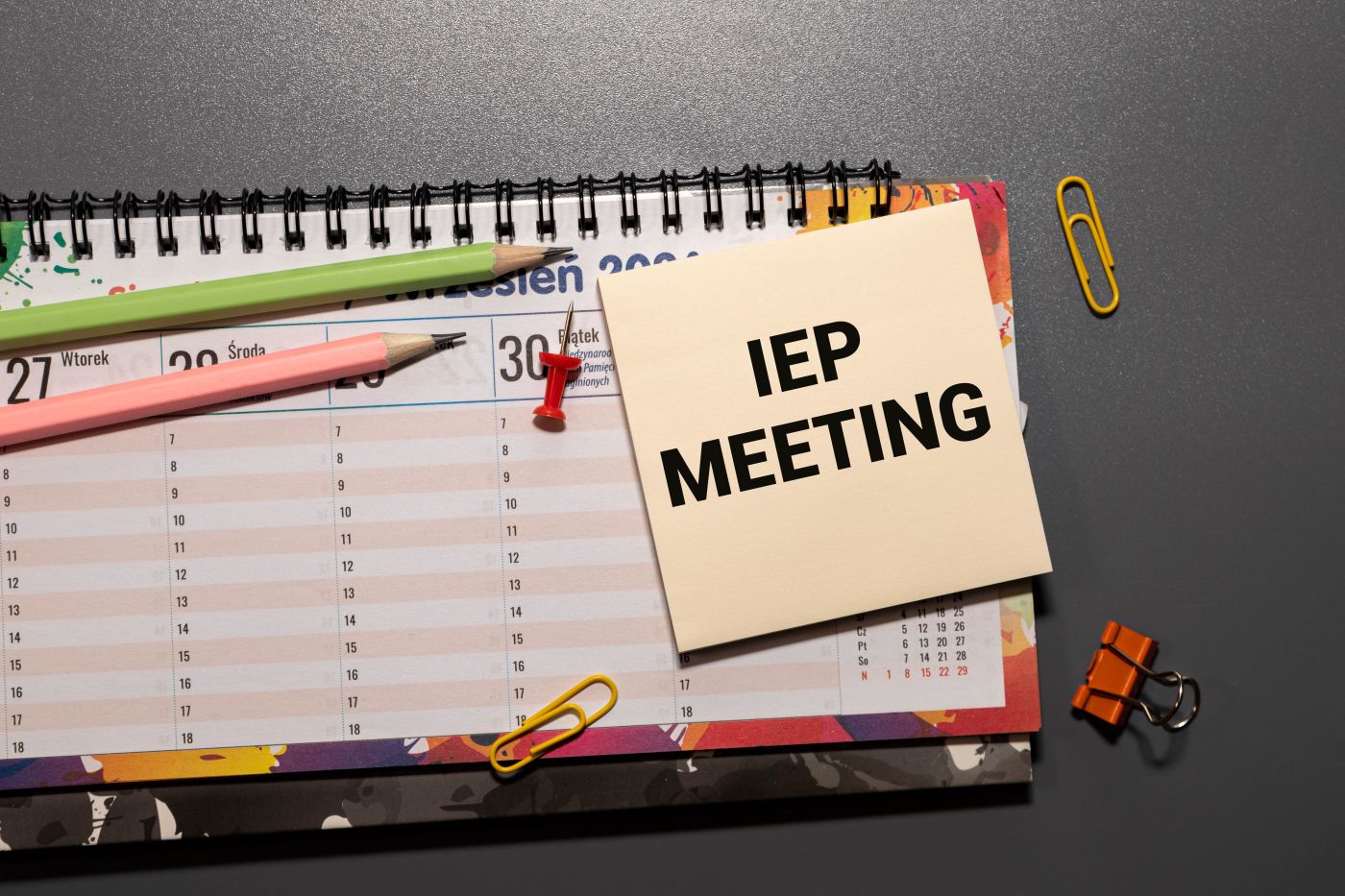Understanding the role and importance of public defenders is crucial in navigating the justice system effectively.
Public defenders are essential in safeguarding the rights of individuals who cannot afford private legal representation, making them a cornerstone of equitable justice.
This article delves into the world of public defenders, exploring their strategies and contrasting their roles with other types of legal defense options.
By employing various defensive strategies, public defenders ensure that all citizens, regardless of economic status, have access to a fair trial and competent legal advocacy.
Our discussion will not only highlight the functions and strategies of public defenders but also explain the different types of legal defenders available to individuals facing legal issues.
This overview aims to demystify the processes and tactics used in the defense of the accused and provide valuable insights for anyone confronting the complexities of the legal system.
By understanding these roles and strategies, individuals can make more informed decisions about their legal representation and better navigate potential legal challenges.
The Importance of Public Defenders
Public defenders are vital to the integrity of the American legal system, ensuring that the constitutional right to legal representation is upheld for everyone, not just those who can afford it.
As state-appointed attorneys, they play a crucial role in maintaining the fairness and balance of the judicial system by providing defense services to the economically disadvantaged.
Promoting Legal Equity
Public defenders help level the playing field in the courtroom.
They serve individuals who might otherwise navigate the complex judicial process unaided, often facing significant disadvantages against better-resourced opponents.
By offering quality legal representation, public defenders safeguard the legal rights of the accused, ensuring that every individual receives a fair trial.
This commitment to legal equity is essential not only for the clients they serve but also for the health and credibility of the entire justice system.
Dedicated Representation and Advocacy
Beyond their role in the courtroom, public defenders act as staunch advocates and educators.
They dedicate themselves to their clients' cases, from negotiating plea deals to challenging procedural errors and presenting mitigating evidence.
Their advocacy is crucial in preventing unjust outcomes such as wrongful convictions or disproportionate sentences.
Additionally, public defenders educate their clients about their rights and the legal process, empowering them to make informed decisions and actively participate in their defense.
Through their unwavering commitment to justice and equality, public defenders ensure that the legal system remains fair and just for all citizens.
Defensive Strategies Employed by Public Defenders
Public defenders utilize a variety of defensive strategies to protect the rights of their clients and ensure the best possible outcomes in court.
Their deep understanding of criminal law and procedural intricacies allows them to craft effective defenses tailored to each case.
These strategies are vital for mitigating the consequences of criminal charges and advocating for justice.
Plea Bargaining: Public defenders often engage in plea negotiations to secure lesser charges or reduced sentences for their clients. This strategy can be particularly beneficial in cases where the evidence against a client is strong, and a reduced sentence would serve the interests of all parties involved.
Challenging Evidence: One of the primary roles of public defenders is to rigorously examine the prosecution's evidence. They challenge the admissibility of evidence that may have been improperly obtained or that violates constitutional rights, such as evidence gathered without a warrant or through coercive interrogations.
Cross-Examination: Effective cross-examination of witnesses is a crucial strategy employed by public defenders. By questioning the credibility and reliability of prosecution witnesses, they can create reasonable doubt that may lead to acquittals.
Presenting Alternative Theories: Public defenders also present alternative narratives and theories that align with their clients' innocence. They introduce doubt into the prosecution's case by providing alternative explanations for the evidence presented.
Through these strategies and more, public defenders play an indispensable role in the criminal justice system, tirelessly working to ensure that every individual they represent receives a fair and impartial trial.
Their expert use of defensive tactics not only defends the accused but also upholds the fundamental principles of justice and equality.
Understanding Different Defense Options
Choosing the right type of legal defender can significantly impact the outcome of a legal case.
It's essential to understand the various options available, as each serves a specific purpose and caters to different legal needs.
Here we explore the roles and benefits of panel attorneys, pro bono lawyers, low bono attorneys, and public interest attorneys.
Panel Attorney
Panel attorneys are part of a court-appointed list to represent defendants who are financially unable to hire private counsel but do not qualify for a public defender.
These attorneys are private lawyers who agree to work at a reduced rate, ensuring that disadvantaged clients receive competent legal representation.
They are crucial in jurisdictions where public defender resources are stretched thin.
Pro Bono Attorney
Pro bono attorneys offer their services without charge, typically handling cases that involve civil rights, environmental issues, or other significant public concerns.
These lawyers volunteer their expertise to assist individuals and organizations in need, promoting justice and access to legal resources without the burden of costs.
Low Bono Attorney
Low bono attorneys operate on a model where they charge reduced fees to clients who can afford to pay something, but not the full rate for private legal services.
This option makes legal assistance more accessible to those in the lower-middle income bracket who find themselves caught between qualifying for a public defender and affording private representation.
Public Interest Attorney
Public interest attorneys work primarily for non-profit organizations, advocacy groups, or NGOs.
They focus on broad issues such as discrimination, consumer rights, and public policy.
These attorneys are dedicated to creating widespread change and defending the rights of underrepresented groups within society.
Each of these defenders plays a vital role in the legal landscape, offering tailored services that ensure individuals across various socioeconomic backgrounds can access justice.
Understanding which type of attorney aligns with one's legal needs and financial situation is crucial for navigating the legal system effectively.
When Different Attorneys Are Needed
Legal challenges vary widely, and selecting the appropriate attorney for your specific situation can profoundly affect the outcome of a case.
Each type of legal defender brings unique skills and focuses to their practice, making them suitable for different legal circumstances.
Here, we explore scenarios where different attorneys may be required to best serve an individual's legal needs.
Panel Attorney: Complex Criminal Cases
Panel attorneys are often selected in jurisdictions where the public defender's office is overloaded and cannot take on additional cases.
They are ideal for complex criminal cases where the defendant cannot afford private representation but requires specialized legal expertise that public defenders may not have due to high caseloads.
Panel attorneys provide a valuable resource, ensuring that all defendants have access to skilled legal counsel.
Pro Bono Attorney: Civil Rights and Social Justice Issues
Pro bono attorneys are best suited for cases involving civil rights, social justice, or other public interest issues where the client cannot afford legal fees.
These attorneys often represent clients in impactful cases that challenge unjust laws or practices, providing a voice to the voiceless and striving to effect change through legal channels.
Low Bono Attorney: Middle-Income Clients
Low bono attorneys fill a crucial gap by assisting clients who earn too much to qualify for free legal services but cannot afford the full fees of private attorneys.
They are especially useful in family law, minor criminal matters, and other civil cases where moderate-income individuals need competent legal assistance at a reduced cost.
Public Interest Attorney: Widespread Impact Cases
Public interest attorneys work primarily on cases that have the potential to affect large segments of the population.
They focus on issues like environmental law, consumer protection, and human rights.
These attorneys are essential for clients or organizations aiming to bring about significant change through the legal system, especially in cases that might set precedents or reform policies.
Understanding when to engage each type of attorney ensures that individuals can effectively address their legal challenges with the most appropriate expertise, thereby enhancing their chances of a favorable outcome.
Advantages of Public Defenders
Public defenders offer several key advantages that are essential for a fair and balanced justice system.
Their primary role is to ensure that every individual, regardless of financial status, has access to competent legal representation, which is a fundamental right under the U.S. Constitution.
Expertise in Criminal Law: Public defenders specialize in criminal law, giving them a deep understanding of the intricacies of criminal proceedings and common defense strategies. Their day-to-day experience in criminal courts equips them with a practical and nuanced knowledge of the legal landscape, enabling them to handle a wide variety of cases efficiently and effectively.
Resource Access: Despite often facing resource constraints, public defenders have access to a network of legal resources that can be crucial in building a strong defense. This includes legal databases, expert witnesses, and investigative services. Their familiarity with these resources, combined with their legal expertise, allows them to craft defenses that private attorneys might overlook.
Dedication to Justice: Public defenders are motivated by a commitment to justice rather than profit. This dedication often drives them to go above and beyond in their defense efforts, advocating passionately for their clients' rights and working tirelessly to achieve the best possible outcomes.
These advantages make public defenders an indispensable part of the legal system, ensuring that justice is accessible to all citizens, not just those who can afford to hire private counsel. Their expertise and dedication play a crucial role in maintaining the integrity and fairness of the judicial process.
Preparing to Work with A Public Defender
Working effectively with a public defender is essential to achieving a favorable outcome in your case.
Here are some tips to ensure a productive collaboration:
Maintain Open Communication: Always be honest and upfront with your public defender about all the details of your case. Full disclosure allows them to build a stronger defense. Remember, they are there to help you, so don't withhold any information due to fear or embarrassment.
Organize Your Documents: Compile all relevant documents and evidence that may support your case, including correspondence, photographs, official records, and information about potential witnesses. Providing these resources promptly will aid your defender in understanding and advocating for your case more effectively.
Understand the Legal Process: Familiarize yourself with the legal proceedings and ask your public defender to explain any aspects you don't understand. Being informed helps you make educated decisions and follow the strategic advice provided by your lawyer.
Follow Legal Advice: Public defenders have significant experience and expertise. Trust their guidance and adhere to the strategies they recommend to maximize your chances of a positive outcome.
Engage Proactively: Be actively involved in your defense. Attend all meetings prepared and adhere to legal timelines and procedures. Your engagement can significantly influence the effectiveness of your defense.
Accessing Specialized Legal Services with Advocates for The Voiceless
For those requiring specialized legal services, Advocates for the Voiceless (A4V) in Riverdale Park, Maryland, offers pro bono assistance.
Specializing in areas like special education, juvenile justice, social security, and prisoner disciplinary hearings, A4V is dedicated to dismantling the school-to-prison pipeline one case at a time with our accessible legal services.
Get the Legal Help You Deserve
Throughout this article, we've examined the vital roles and strategies of public defenders and their peers in ensuring justice for all, regardless of one’s financial means.
We've also looked into the differences between panel attorneys, pro bono lawyers, low bono attorneys, and public interest attorneys, emphasizing the importance of selecting the right type of legal advocate for different situations.
The dedicated work of public defenders in employing various defensive strategies highlights their pivotal role in maintaining fairness and integrity within the legal system.
For individuals facing legal challenges and needing specialized assistance, Advocates for the Voiceless (A4V) is here to help.
Operating out of Riverdale Park, Maryland, and serving areas including Prince George's and Montgomery Counties, Washington, D.C., and parts of New York, A4V offers a range of pro bono services tailored to dismantle systemic barriers to justice.
If you require legal guidance or representation, don't hesitate to contact Advocates for the Voiceless or via email at info@a4v.org.
We're committed to providing high-quality legal representation to those in need.




